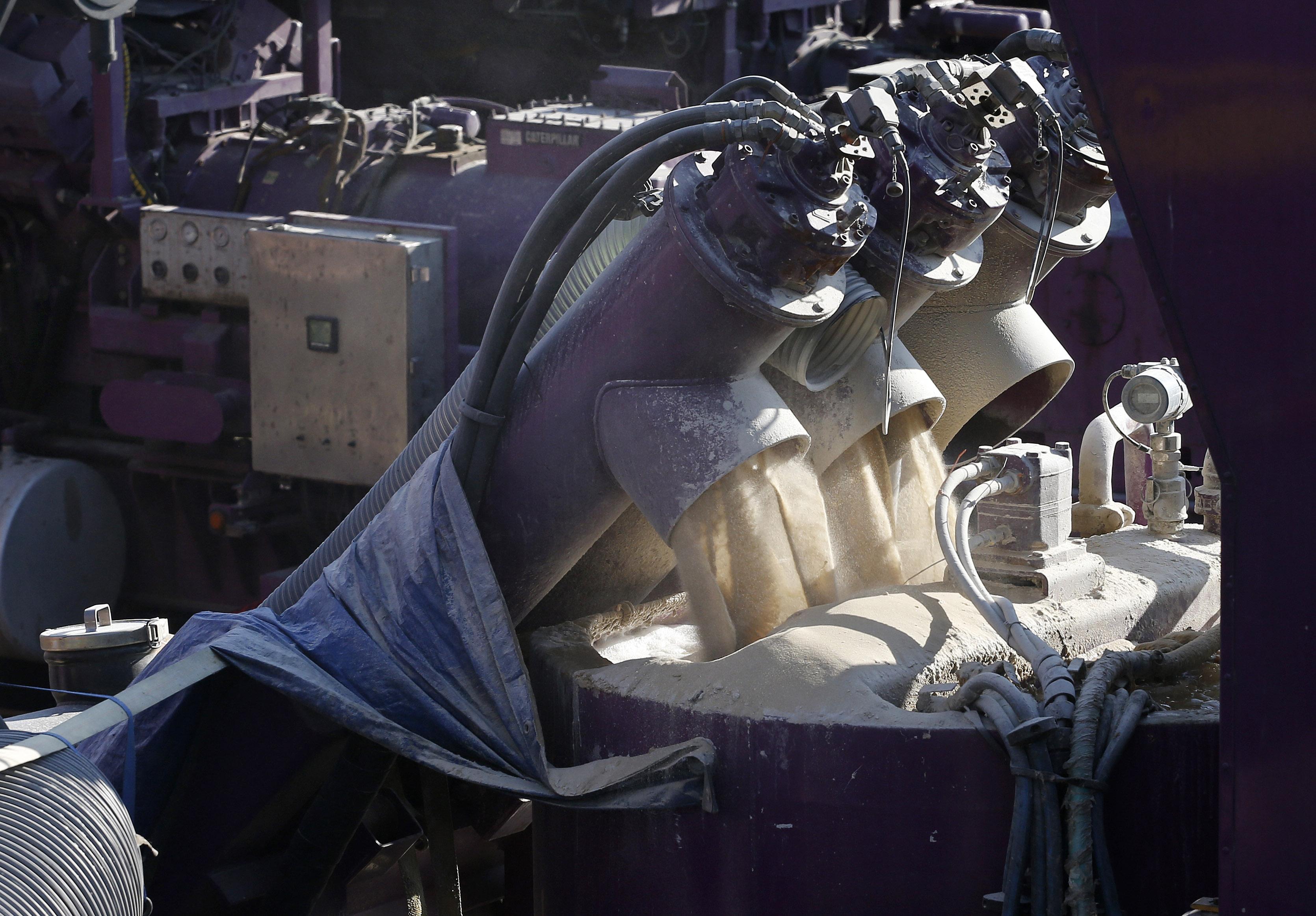
A scientific study released Wednesday by CU-Boulder says much of what goes into fracking fluid is no more toxic than many common household products.
It's believed to be the first such analysis of fracking fluid.
Researchers tested fluid from drilling operations in Colorado, Louisiana, Nevada, Pennsylvania and Texas. They found chemicals that are common in toothpaste, dish soap and even ice cream.
“We found chemicals in the samples we were running that most of us are putting down our drains at home,” says Michael Thurman, lead author of the paper and a co-founder of the Laboratory for Environmental Mass Spectrometry in CU-Boulder’s College of Engineering and Applied Science.
The chemicals are used with sand and water to release underground oil and gas deposits.
"These chemicals help in the process of moving the sand and the oil and gas back and forth between the surface and the ground," Thurman says.
The study did not look at other chemicals used in fracking, which are injected into wells to kill bacteria. Thurman says those so-called “biocides” are the subject of other scientific studies.
The study was published in the journal Analytical Chemistry.








